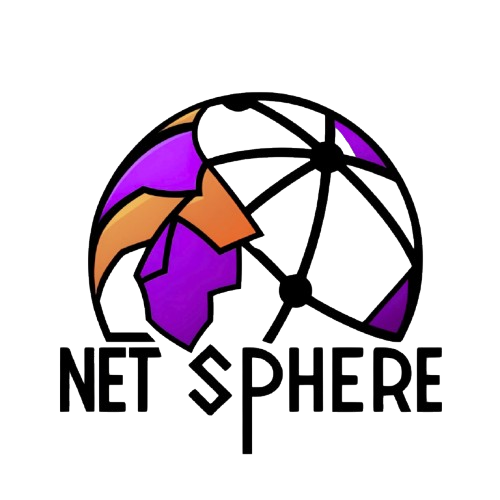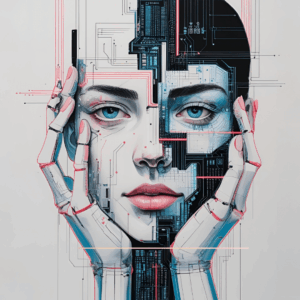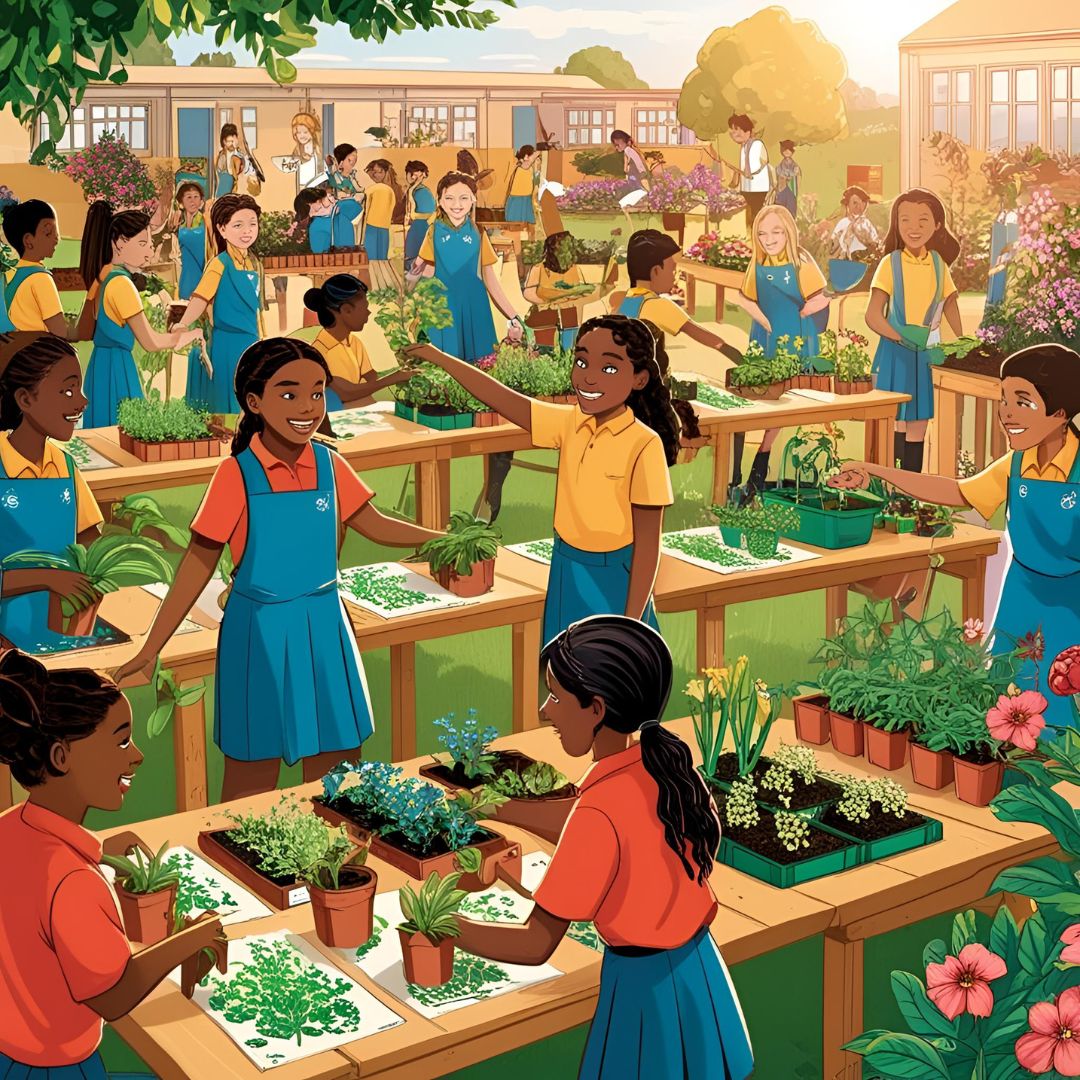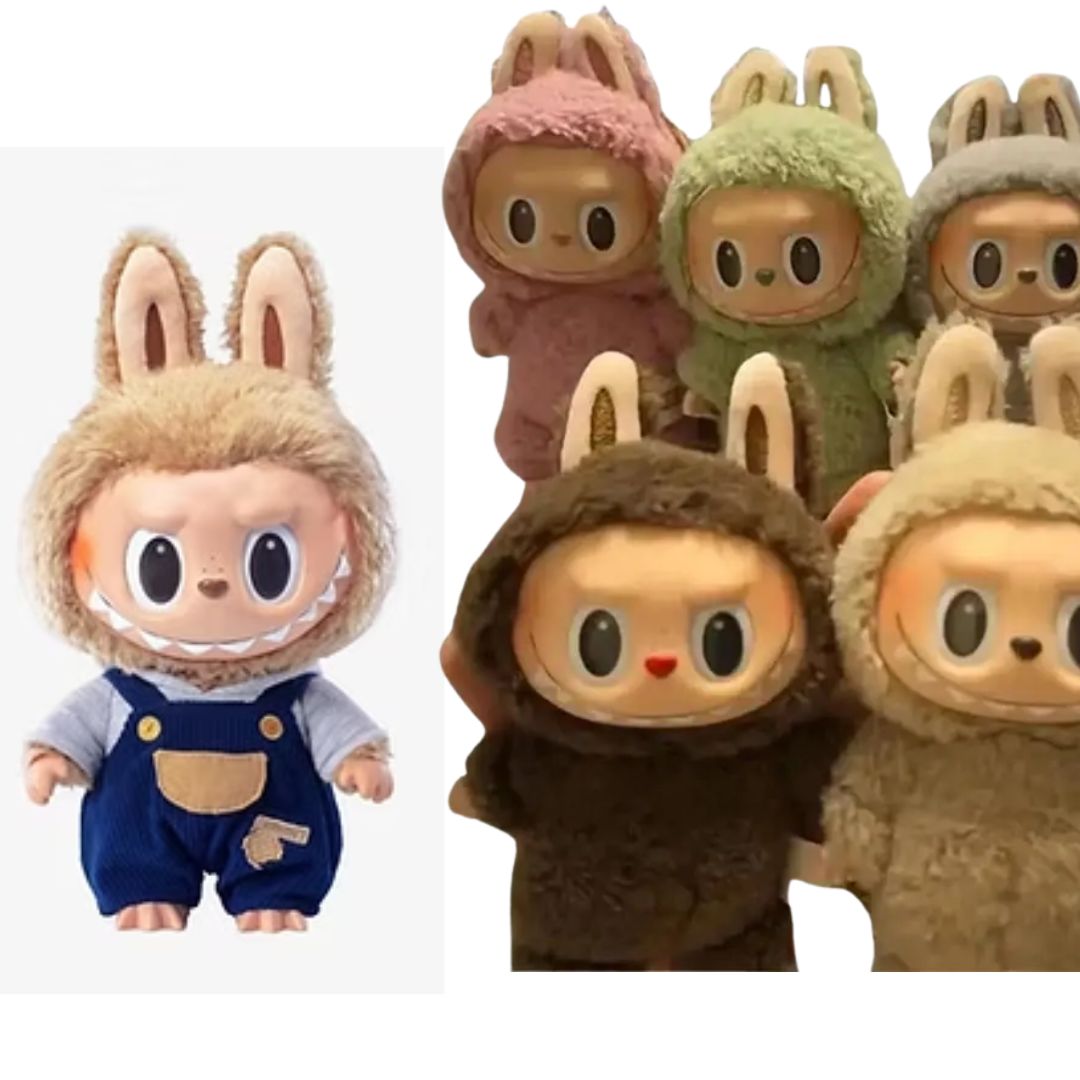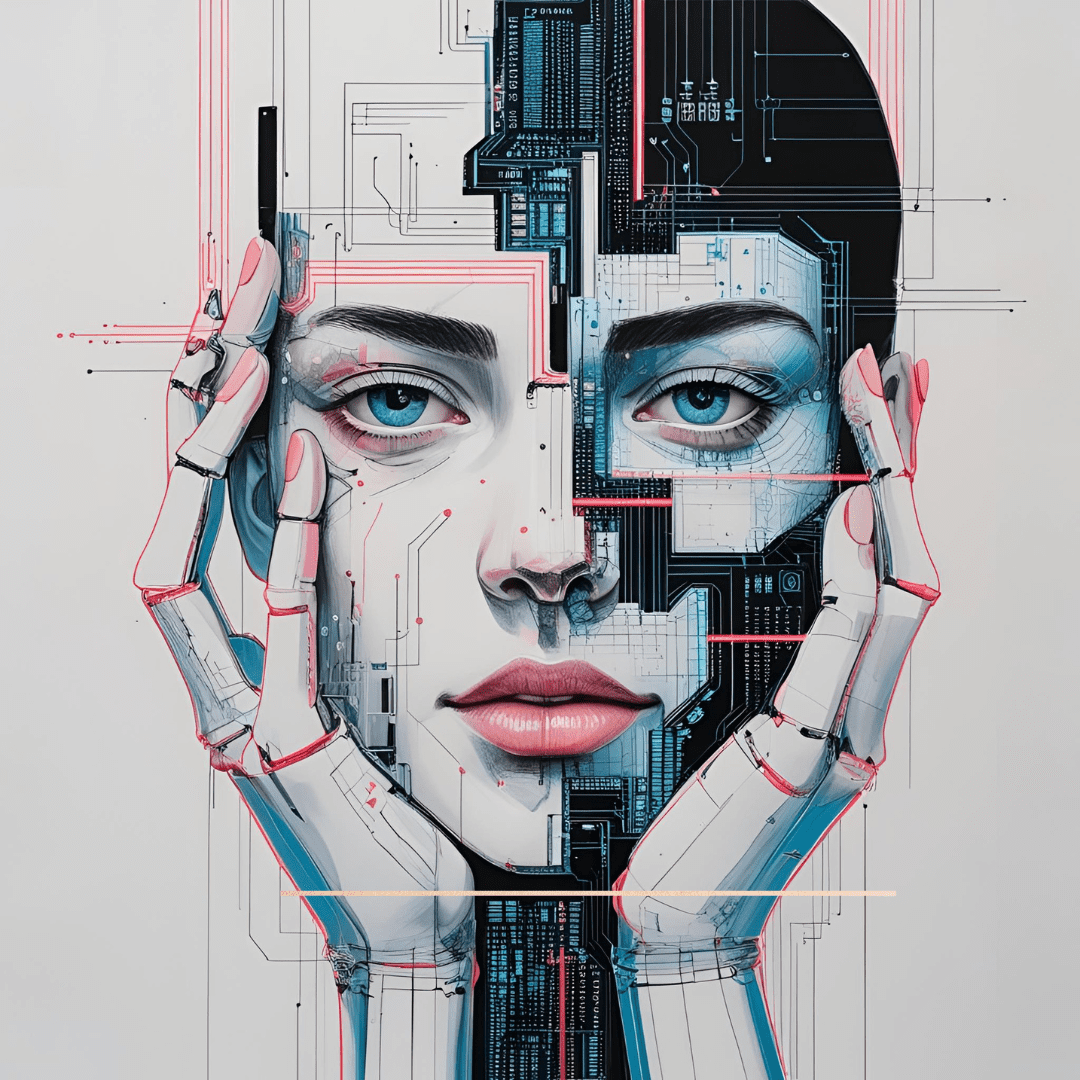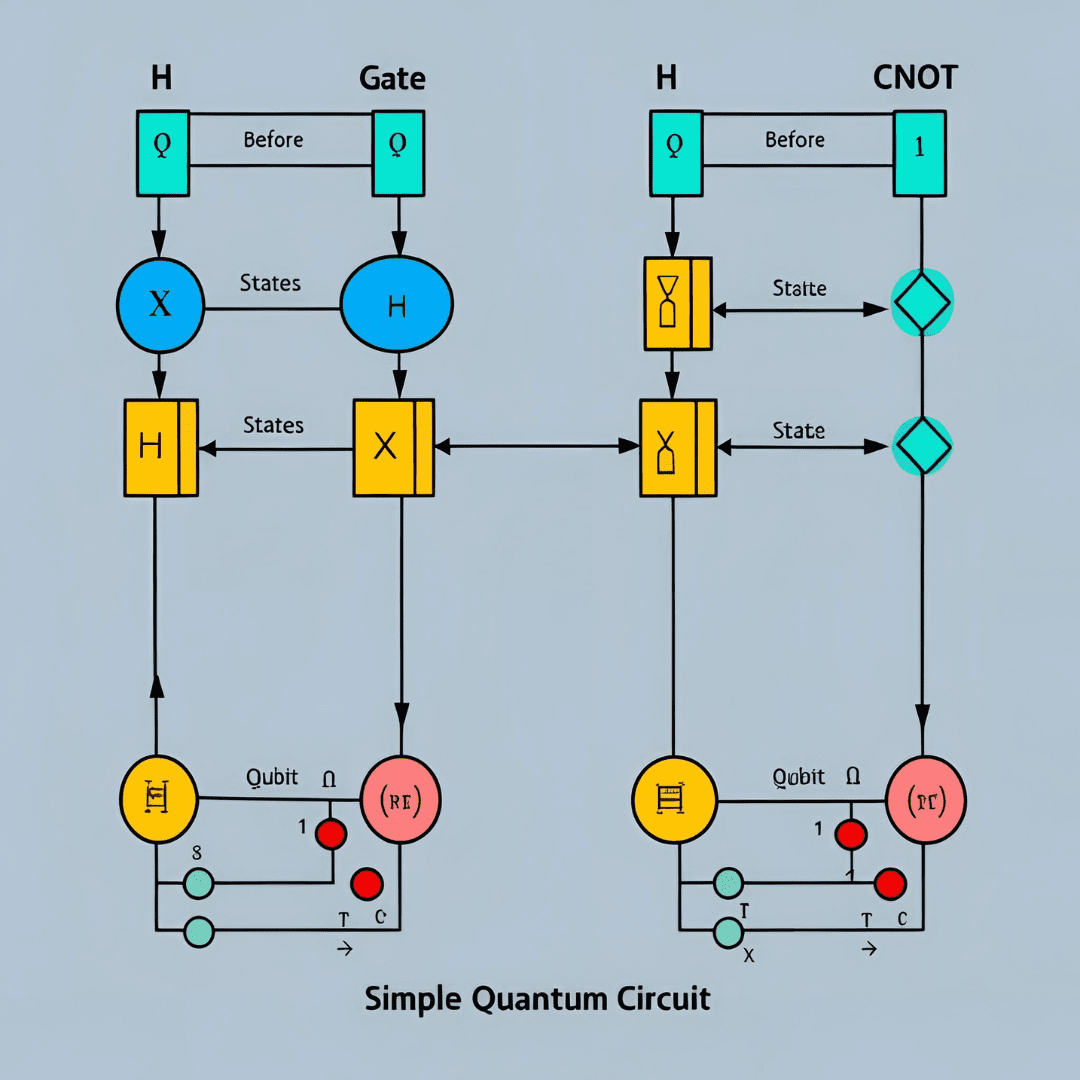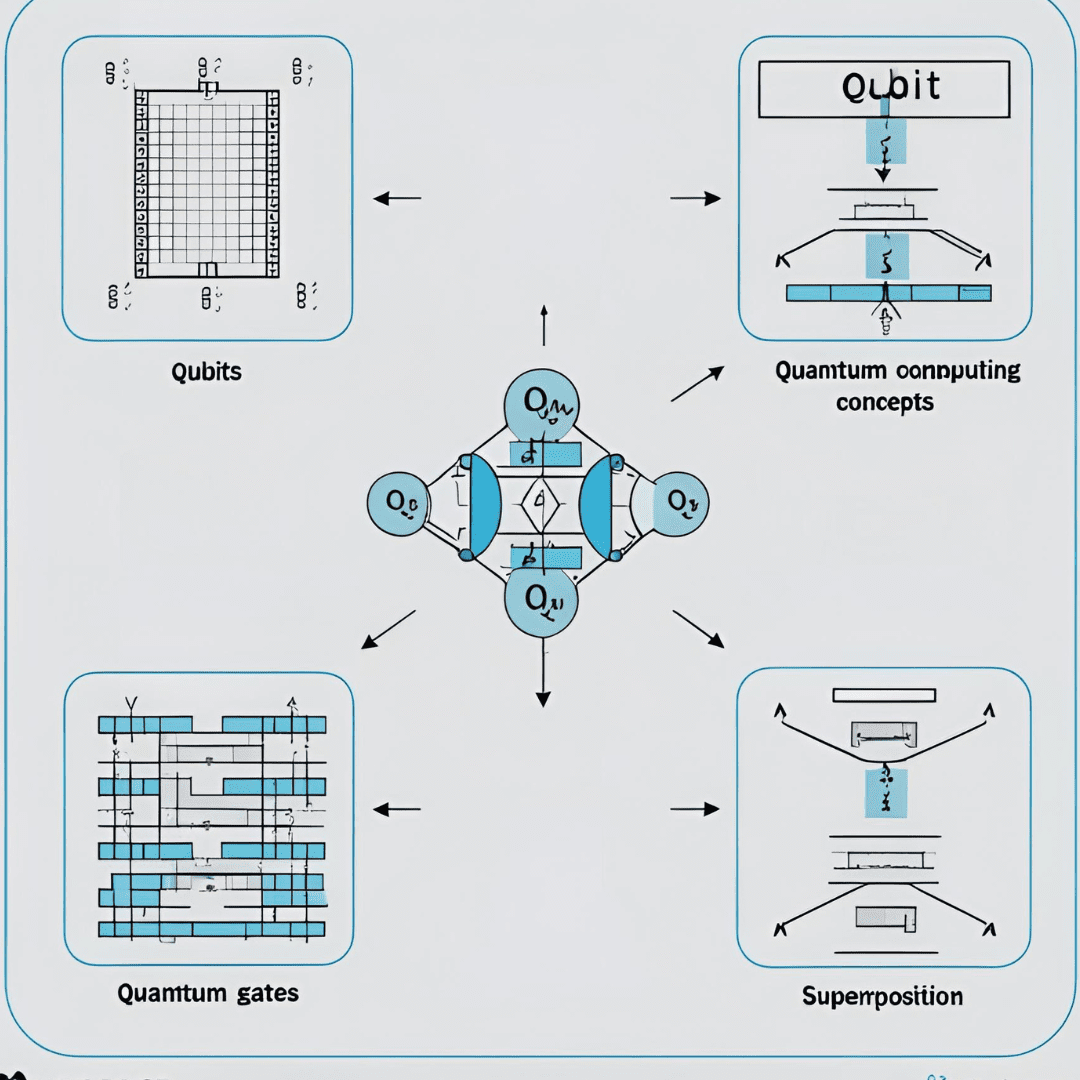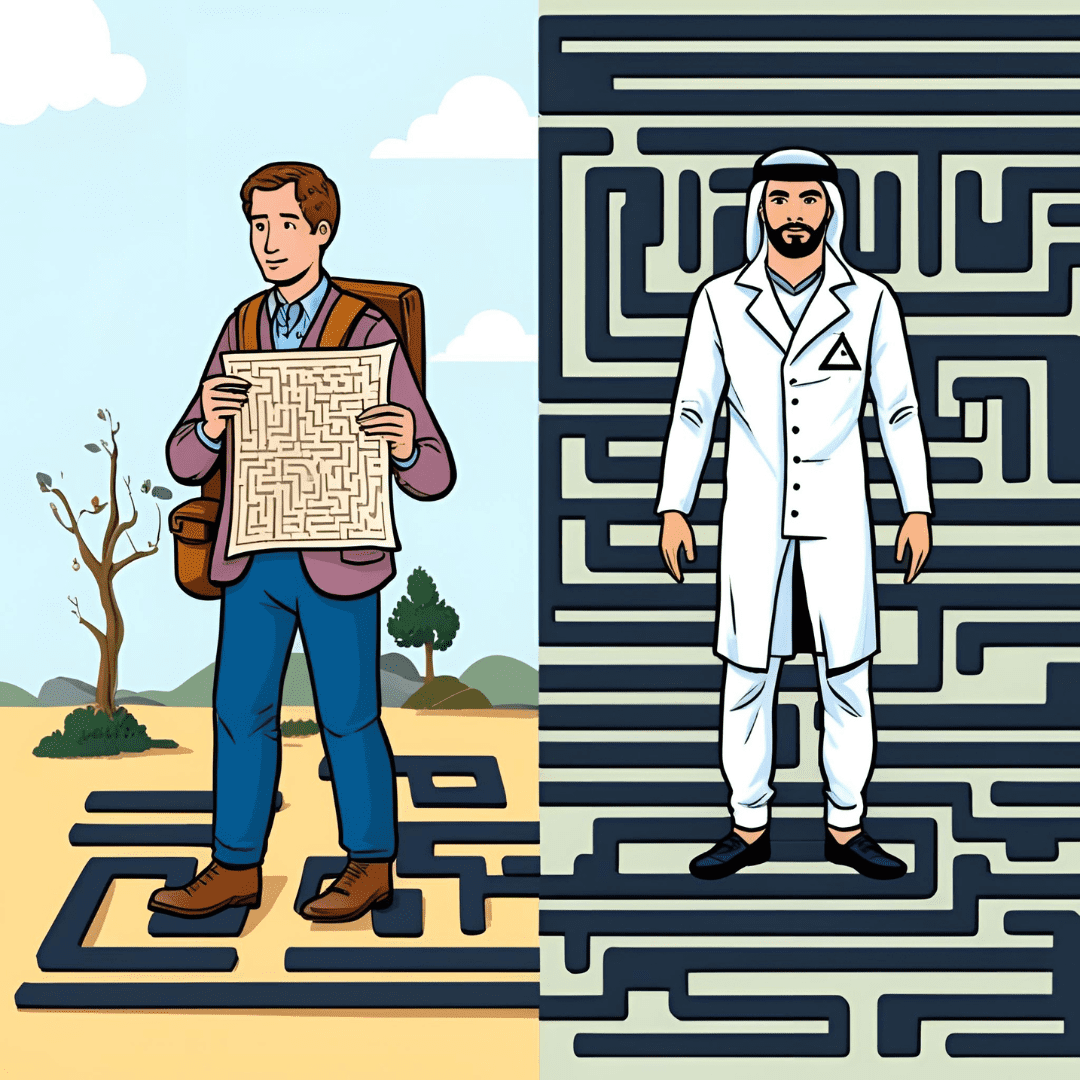Artificial intelligence (AI) is rapidly changing various sectors, and the world of creative writing is no exception. From creating plots and characters to generating original ideas, AI has the potential to be a powerful ally for book and screenplay writers.
However, like any technology, it has limitations. While AI can inspire and assist in many areas, the human touch — with creativity, intuition, and emotions — is still irreplaceable.
The Role of AI in Plot and Character Creation
One of the most impressive ways AI can assist in creative writing is through plot and character generation. Tools like GPT-4 or StoryAI are already being used to generate initial plot ideas, create dialogue, and even suggest entire narrative arcs. These systems analyze vast amounts of data and stories, learning patterns and narrative structures that help in creating more engaging stories.
For example, by providing a simple prompt like “create a mystery story set in the 1920s,” an AI can generate a cohesive plot with characters and twists that can serve as a starting point for a writer. It can even suggest ideas for character development, such as motivations, flaws, and unique traits, which helps enrich the narrative.
Moreover, many AI tools offer the possibility to expand on ideas, providing different versions of plots and options for the writer to choose the best path. This can speed up the creative process and provide new perspectives for writers who are blocked or seeking inspiration.
AI as a Co-Author: Collaboration or Limitation?
Although AI can be an excellent tool to help create stories and characters, it is still far from capable of writing a complete book or screenplay on its own. AI can generate suggestions, but it lacks the deep understanding of human experiences, complex emotions, and cultural contexts that a human author brings to the narrative.
AI can be compared to a co-author — it doesn’t replace the writer but offers support. By collaborating with AI, the writer can save time, but still needs to review and adjust the texts to ensure that the desired voice and emotion are maintained. Ultimately, AI is a tool, not a replacement for the human creator.
Limitations of AI in Creative Writing
While AI tools are incredibly helpful in boosting productivity and generating creative ideas, there are several limitations when it comes to creative writing.
- Lack of Emotional Understanding: AI can mimic writing styles or generate dialogue, but it doesn’t feel the emotions it is trying to depict. This means that a character’s emotional depth, for example, might be shallow and fail to capture the nuances of the human condition.
- Lack of True Originality: AI works based on existing patterns and data. While it can produce impressive results, those results are built on what has already been done. This limits true originality, which comes from unique human experiences and personal perspectives.
- Lack of Cultural Context: AI might not fully understand certain cultural or social aspects, which could lead to characters or plots lacking authenticity.
- Over-Dependence: Although AI can help, relying too much on it may harm the development of the writer’s personal style. Becoming too dependent on AI could limit the writer’s creative abilities in the long run.
How AI Is Helping Screenwriters
In the world of film and TV screenwriting, AI has also proven to be useful. Tools like ScriptAI and Celtx AI are used to assist screenwriters in developing scene drafts, generating dialogue, and structuring plot sequences. AI can analyze existing screenplays, learn what works, and suggest ways to improve dialogue or narrative.
For example, in a romantic comedy, AI can suggest funny dialogues and unusual situations, creating possibilities that the screenwriter might not have considered. Additionally, with AI, it’s possible to test how different approaches could change the pace or tone of the story, which can be a great benefit during the revision phase.
The Balance Between AI and Human Creativity
The key to using AI in creative writing lies in balance. AI can be an excellent partner to help organize ideas and speed up the creative process, but it is the human element that brings true depth to the story.
By using AI as a complementary tool, writers can explore new ideas, gain a broader perspective on their stories, and increase their productivity. However, it is essential for the writer to review, edit, and, if necessary, reinvent the suggestions generated by AI to ensure their work has a unique and authentic voice.

